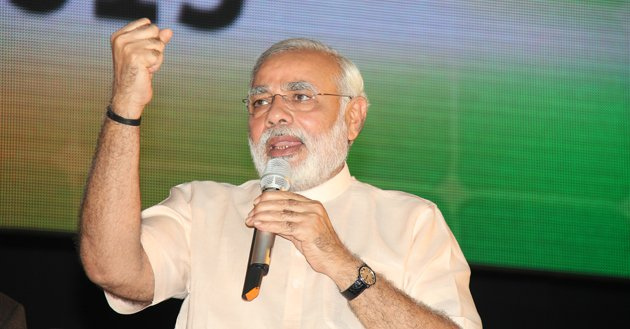
The Islamic State could surpass Al Qaeda and 9/11 by mounting a mass drone attack in the United States. (Photo: Wikimedia Commons)
We recently posted about fears that, one day, the Islamic State might mount a dirty (radiological) bomb attack. The recent loss (and subsequent location) of radioactive material in Basra, Iraq sparked concerns that the Islamic State may yet get its hands on some.
The Islamic State has been degraded recently by U.S.-led coalition articles. But it may still be capable of upgrading its attacks on the West. In a recent article at the Daily Beast, Clive Irving writes about an, if not low-, medium-tech and cost-effective threat that is far from outside the realm of possibility for the Islamic State. He interviews Chris Abbott, the executive director of a think tank called Open Briefing which believes that “ISIS has already recognized the opportunity provided by off-the-shelf drone technology in its planning of attacks on Western cities.” It is already using drones in Syria and Iraq for surveillance.
Read More








